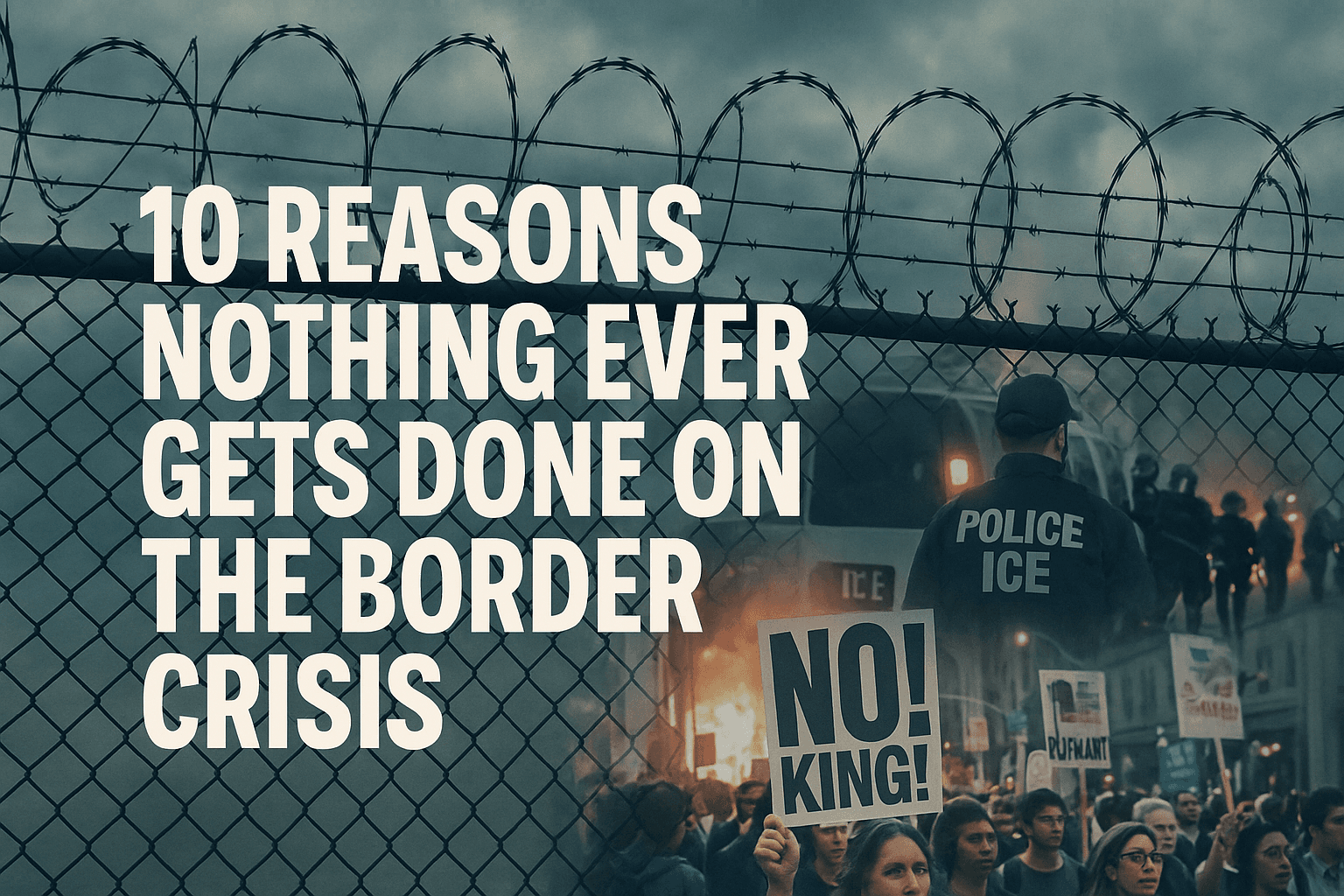Will New Yorkers Vote on Open Primaries This November?

NEW YORK CITY, N.Y. - The New York City Charter Revision Commission, convened by Mayor Eric Adams, released a preliminary report last week in which it states it is considering potential reforms to city primary elections that exclude a fifth of the city's electorate.
One proposal is using an open partisan primary system, which would allow unaffiliated voters to participate in either the Democratic or Republican primaries without needing to register with a party in advance -- which as of now is about 5 months is advance.
The other proposal is using nonpartisan primary elections, something many cities in the US already use. Under this system, all candidates and voters (regardless of party affiliation) participate on a single primary ballot. The top vote-getters (whether it is 2, 3, 4, or 5) would then advance to the general election.
If the commission moves on either proposal, it will go before voters in November, giving the second-largest voting bloc in the city (registered independents) an opportunity to gain access to a critical stage of the public elections process in what is otherwise a solidly one-party city.
The current primary system used by both the state and the city restricts access to taxpayer-funded primaries to registered members of the Republican and Democratic Parties. Republicans vote on a GOP ballot. Democrats vote on their own ballot. No one else is allowed to vote.
A recent report from the NYC Campaign Finance Board found that over 1 million people or 21.1% of the registered voting population in the city are registered unaffiliated and are excluded from participating in the primaries unless they change their party registration.
In other words, the right to an equal and meaningful vote is conditioned on joining a private political organization.
What Happens Now?
The New York City Charter Revision Commission released a preliminary report, meaning they haven't officially approved any proposed changes-- whether to elections or housing or other city matters -- to go before voters. It is, however, big news for primary reform advocates.
The commission now enters a new stage of public hearing. The New York Times explains:
“Over the next few months, members of the 13-person commission will debate the ideas, many of which are contentious, and may even choose to put nothing on the ballot. But the report shows that the commission is thinking about changes that could have a significant impact on the future of the city.”
The next hearing will be held on May 19 at Medgar Evers College. The final hearing will be on July 9 in Harlem. Once the commission has received enough public input and debates potential reforms, they will decide which proposals to put on the November ballot.
It is important to note that this is not the first time the Charter Revision Commission has considered primary reform. The 2025 commission explained in its report that commissions in 2003, 2010, and 2024 also considered different ways to reform the closed primary system.
None of these commissions moved on any proposed changes.
It is also important to note that opening primary elections could potentially give registered independents access to ranked choice voting, a method that allows voters to rank candidates in order of preference instead of selecting only one candidate in what could be crowded field of choices.
Ranked choice voting is used in New York City, but only in primary elections. The 2025 commission noted that the voting method, which was adopted in 2019, could also factor into any decision made on primary reform. The question is: Will this be the year the commission backs open primaries?
 Shawn Griffiths
Shawn Griffiths





